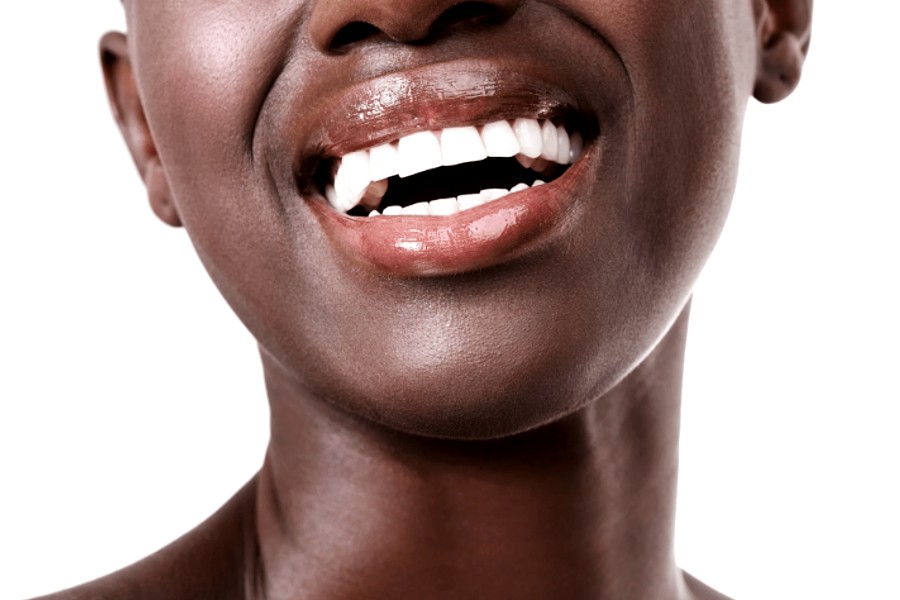
Ever had your day ruined by a throbbing ear pain or a sudden loss of hearing?
You’re not alone – ear problems are quite common and can affect anyone. This blog post is going to explore some of the most common ear problems and share some top health tips to help you tackle them head-on. Let’s dive in!
Earwax
Earwax, scientifically known as cerumen, is a common yet often misunderstood ear problem. Produced by glands in the ear canal, earwax helps protect the ears by trapping dust, bacteria, and other particles, preventing them from moving deeper into the ear. However, excessive buildup or impaction can lead to discomfort, hearing loss, tinnitus, and even infection.
To overcome this, avoid using cotton swabs, as they can push the wax further in. Instead, you can try over-the-counter ear drops designed to soften the wax, allowing it to naturally exit the ear. You should also do some research on what can cause ear wax buildup in order to prevent this from happening. But remember, if symptoms persist, it’s essential to consult a healthcare professional. In some cases, a simple procedure performed by a doctor can safely and effectively clear impacted earwax, restoring your ear health.
Otitis Media
Otitis Media, or a middle ear infection, is another common ear problem that primarily affects children but can occur at any age. It’s characterized by inflammation and buildup of fluid in the middle ear, usually caused by bacteria or viruses, leading to symptoms such as ear pain, fever, and temporary hearing loss. To overcome otitis media, the primary treatment often involves the prescription of antibiotics to combat the underlying infection.
Pain and fever can be managed with over-the-counter medications. In chronic cases, where infections are persistent or recurring, a healthcare professional might recommend a procedure to place tubes in the ear to help drain the fluid. Preventive measures include practicing good hygiene to avoid the spread of germs and ensuring timely vaccinations. Remember, early detection and treatment are crucial in managing otitis media effectively.
Hearing Loss
This is one of the most common issues people face, and it can be caused by different reasons. Here are some of them:
- Age
- Noise exposure
- Genetics
- Medical conditions
- Ear infections
- Medications
- Trauma
- Earwax buildup
- Smoking
- Meniere’s disease
- Autoimmune disorders
Overcoming it involves early detection, possibly with regular hearing checks, especially for high-risk groups. Depending on the cause, treatment options might include hearing aids, cochlear implants, or medication. Additionally, preventive measures, such as limiting exposure to loud noises and maintaining a healthy lifestyle, can protect your hearing health.
Tinnitus
This condition might result from various causes, including exposure to loud noise, age-related hearing loss, ear injury, or a circulatory system disorder. While it’s often annoying, it’s usually not a sign of something serious. Overcoming tinnitus involves understanding that there is currently no cure, but several treatments can help manage the symptoms.
These may include sound therapy, cognitive behavioral therapy, tinnitus retraining therapy, or even certain medications. Lifestyle modifications such as reducing caffeine and alcohol intake, quitting smoking, and managing stress can also help alleviate symptoms. As with any ear health issue, if tinnitus persists, it is crucial to consult a healthcare professional for a comprehensive evaluation and proper treatment plan.
Swimmer’s Ear
Swimmer’s Ear, also known as Otitis Externa, is a common issue typified by inflammation, swelling, or infection in the external ear canal. It’s commonly caused by water remaining in your ear after swimming, creating a moist environment conducive to bacterial growth. Symptoms include itching, redness, discomfort, and sometimes, temporary hearing loss.
To overcome Swimmer’s Ear, the initial step is to keep your ears dry and clean, especially after swimming. Over-the-counter ear drops that help with drying out the ear can also be beneficial. If an infection is present, a healthcare provider might prescribe antibiotic ear drops. Prevention can be as simple as wearing earplugs while swimming and ensuring all water is drained from the ears post-swim. As always, for persistent symptoms, consult a healthcare professional.
Meniere’s Disease
Meniere’s Disease is a chronic inner ear disorder that can lead to dizzy spells (vertigo), ringing in the ear (tinnitus), and occasional hearing loss. The exact cause remains unknown, but it’s thought to be related to an imbalance in the fluid of the inner ear.
Overcoming this issue involves managing symptoms, as there’s currently no cure. Medication can help control vertigo, while hearing aids can assist with hearing loss. Additionally, lifestyle modifications such as a low-salt diet and stress management can also help manage symptoms. As with other ear issues, if symptoms persist or worsen, it’s imperative to consult a healthcare professional for a comprehensive treatment plan.
Remember, maintaining ear health is essential for your overall well-being. Always consult a healthcare professional if symptoms persist or worsen. By staying proactive, practicing good hygiene, and making lifestyle modifications, you can effectively manage the most common ear problems. Your ears work hard for you, so make sure you take good care of them!
Photo credit: 1) Source. 2-3) Source.

- Ballet Hispánico’s Quinceañera Gala Raises Over $1.3 Million For Arts And Community
- FTC Investigating TikTok Over Data Privacy Protocols From Harlem To Hollywood
- Sponsored Love: Unveiling SEO Success, The Power Of Paid Guest Post Services On Fiverr
- Black Public Media Awards For Film And Immersive Media Projects
- Trust For Governors Island Announces The Fabulous ‘Year Of Milkweed’ Initiative
Become a Harlem Insider!
By submitting this form, you are consenting to receive marketing emails from: Harlem World Magazine, 2521 1/2 west 42nd street, Los Angeles, CA, 90008, https://www.harlemworldmagazine.com. You can revoke your consent to receive emails at any time by using the SafeUnsubscribe® link, found at the bottom of every email. Emails are serviced by Constant Contact








